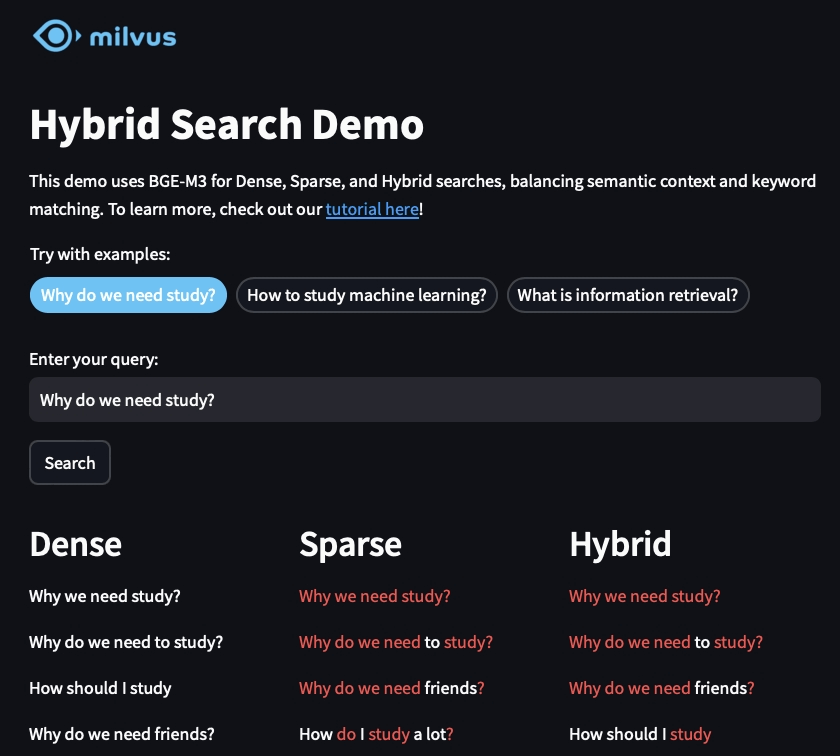The future of full-text search will likely focus on improving context understanding, scalability, and integration with modern data architectures. Traditional keyword-based search engines struggle with nuances like synonyms, intent, and multilingual content. Advances in machine learning (ML) and natural language processing (NLP) will enable systems to better interpret user queries and content. For example, vector databases like Milvus or Pinecone allow indexing text as numerical vectors, enabling semantic search that finds conceptually related content even without exact keyword matches. This approach addresses limitations of inverted indexes by capturing context, which is critical for applications like e-commerce product searches or medical literature retrieval.
Another key trend is the demand for real-time search capabilities in distributed systems. As applications generate more dynamic data (e.g., social media posts, IoT sensor logs), search engines must index and query updates within seconds. Tools like Apache Lucene’s near-real-time (NRT) API and Elasticsearch’s refresh intervals are evolving to support sub-second updates while maintaining performance. Additionally, serverless architectures and cloud-native databases (e.g., Amazon OpenSearch Serverless) are reducing operational overhead by automating scaling and resource management. Developers will increasingly need to optimize for hybrid workloads, where search coexists with transactional or analytical processing in systems like PostgreSQL (using its built-in full-text search) or ClickHouse.
Finally, full-text search will become more tightly integrated with application-specific workflows. Customizable ranking algorithms, such as Elasticsearch’s Learning to Rank plugin, allow developers to train ML models that prioritize results based on user behavior or business rules. Open-source frameworks like Vespa enable hybrid search combining text, vectors, and structured data filters in a single query. A practical example is a support ticket system that uses text search for issue descriptions, vector search for similar historical tickets, and metadata filters for priority or customer tier. While these advancements require deeper ML expertise, they reduce reliance on monolithic search platforms and empower developers to build tailored solutions.
